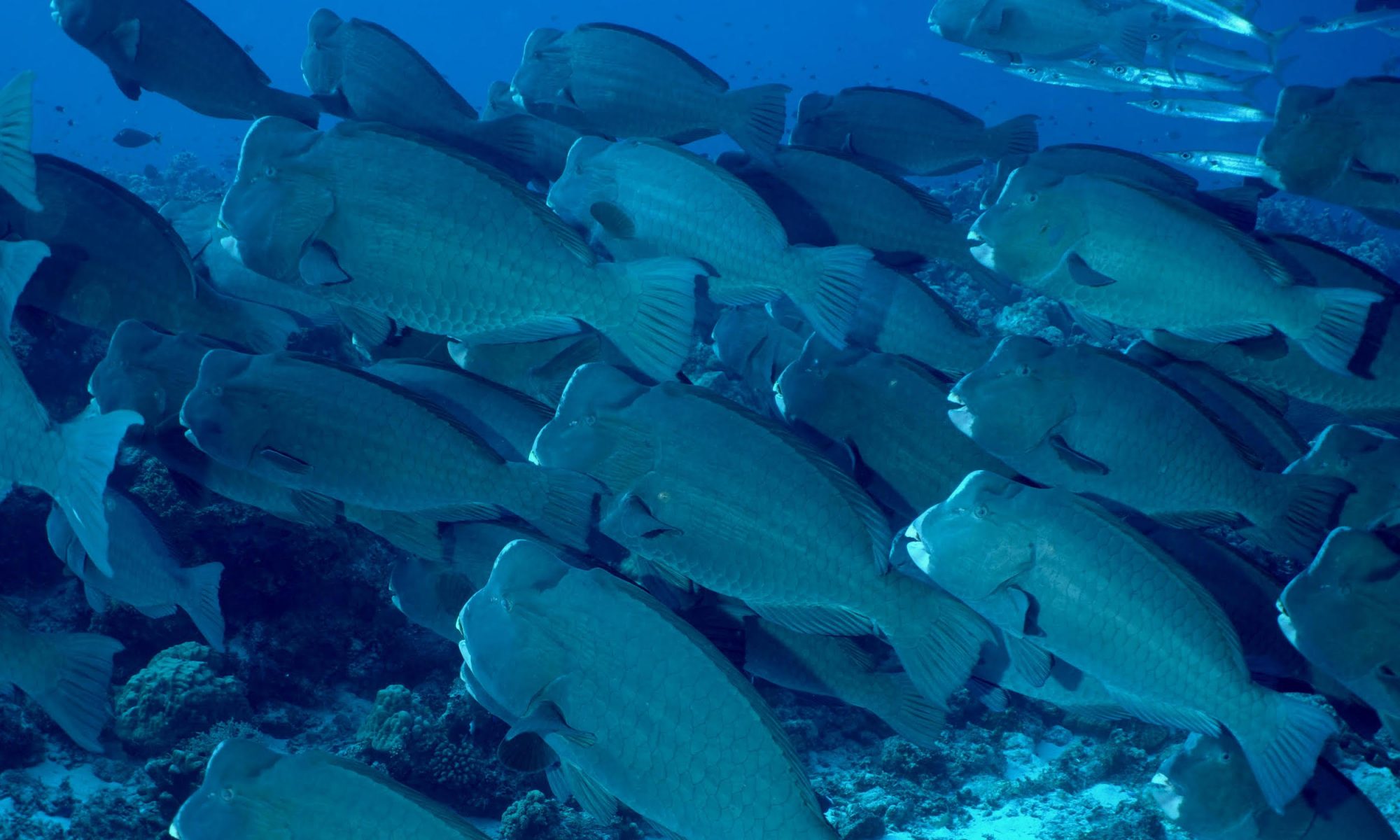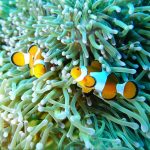 Marine ecology and biogeography
Marine ecology and biogeography
Understanding the ecology of marine systems is a fundamental first step to designing conservation and management interventions that preserve ecosystem functioning. We are broadly interested in marine ecology, though especially in biogeography. What sets species range boundaries? How do population (e.g. abundance, recruitment) and individual (e.g. reproductive success) characteristics vary across entire species ranges? How do these features change in response to climate change?
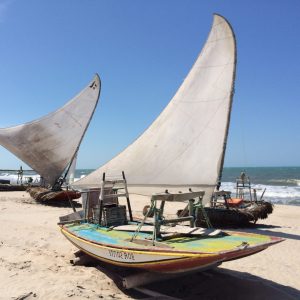 Sustainable fisheries and aquaculture
Sustainable fisheries and aquaculture
The human population is growing rapidly, generating increased need for new and sustainable food sources. Fisheries and aquaculture present a nutritious and, if well-managed, environmentally low-impact source of food. We are interested in developing innovative tools for sustainably managing fisheries and aquaculture across diverse contexts. From catch shares to new ways of developing aquaculture, our lab seeks to find ways to reduce trade-offs between economic development and healthy ecosystems to solve problems of food provision.
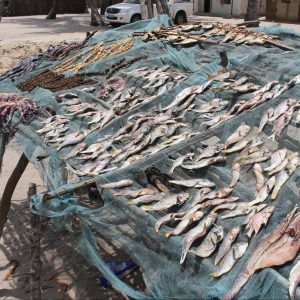 Climate change and coastal food systems
Climate change and coastal food systems
Climate change threatens the ability for coastal food systems to support human livelihoods and nutrition. In fisheries, climate change is shifting the distribution and productivity of fisheries, changing where and how much fish can be sustainably caught. In aquaculture, climate change is changing where seafood can be farmed, and exacerbating risks of harmful algal blooms and disease. We are interested in understanding the impacts of climate change on ocean food systems and developing strategies for mitigating these impacts on human society.
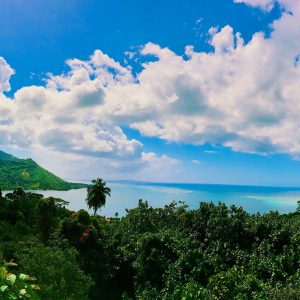
Marine protected areas
Marine protected areas (MPAs) are commonly used to achieve a mixture of conservation and fisheries objectives, but need careful design to be effective. We seek to understand impacts of MPAs on ecosystems and fisheries and to identify design elements that enhance both conservation and fisheries management. Can networks of MPAs be designed to help solve fundamental challenges in fisheries biology such as the loss of old age classes, the evolution of small size and early maturity in response to fishing, and weak stock closures in mixed species fisheries?
